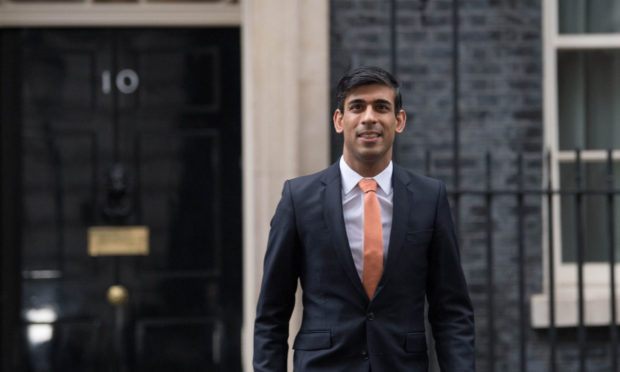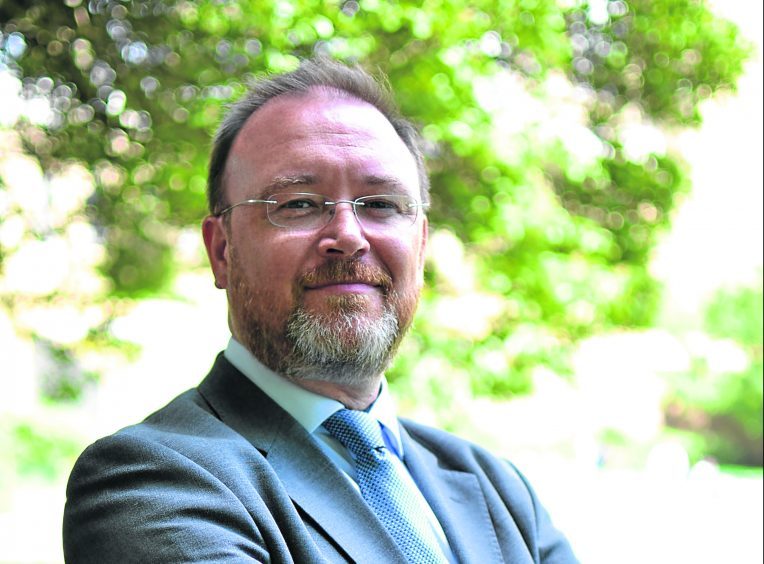Chancellor Rishi Sunak is now paying the wages of 85,000 workers across Tayside and Fife under the UK Government’s furlough scheme, newly released figures have shown.
More than a quarter of the UK workforce is now being supported by the scheme at a cost, so far, of £19.6 billion.
The scheme, brought in to mitigate the effects of coronavirus, allows employees to receive 80% of their monthly salary up to £2,500.
A similar programme for self-employed workers has seen 2.6 million claims made worth £7.5bn.
Scotland has seen 628,000 workers so far signed up to the scheme.
In Dundee there are 15,000 workers benefiting, 12,400 in Angus and 19,700 in Perth.
Across Fife there are more almost 38,000 people currently signed up.
This support comes on top of an additional £3.8 billion in extra funding for the Scottish Government through the Barnett formula.
Scotland Office minister David Duguid said: “The UK Government is doing whatever it takes to get all parts of Scotland through the coronavirus pandemic and ensure our economy can get back on track as we recover.”
Nationally, employers in the wholesale and retail sectors have furloughed the highest number of employers, covering 1.6 million jobs, followed by accommodation and food service employers furloughing 1.4 million.
Mr Sunak said: “Our unprecedented coronavirus support schemes are protecting millions of vital jobs and businesses across the whole of the United Kingdom – and will help ensure we recover from this outbreak as swiftly as possible.
“We have extended both schemes so they will continue to provide measured support across the UK as we start to reopen the economy.”
The scheme will continue to support jobs until the end of October, with flexible part-time furloughing beginning in July to support businesses as the economy is reopened.
Recent figures from the government’s independent economic forecaster, the Office for Budget Responsibility (OBR), indicate that the cost of the government’s efforts to combat the coronavirus pandemic is expected to hit £123.2bn.
The OBR expects annual borrowing to equal 15.2% of the UK economy, which would be the highest since the 22.1% seen at the end of the Second World War.

